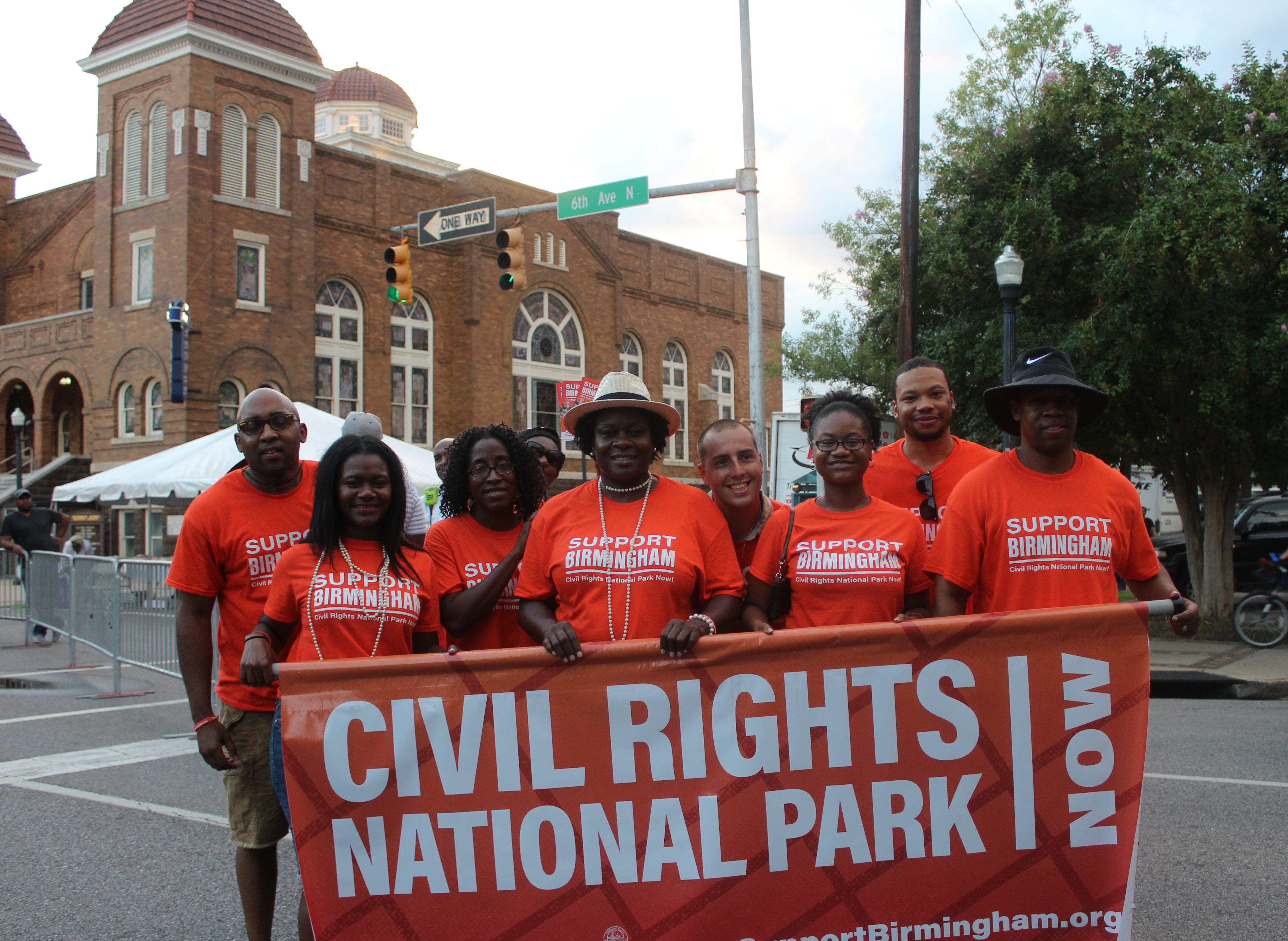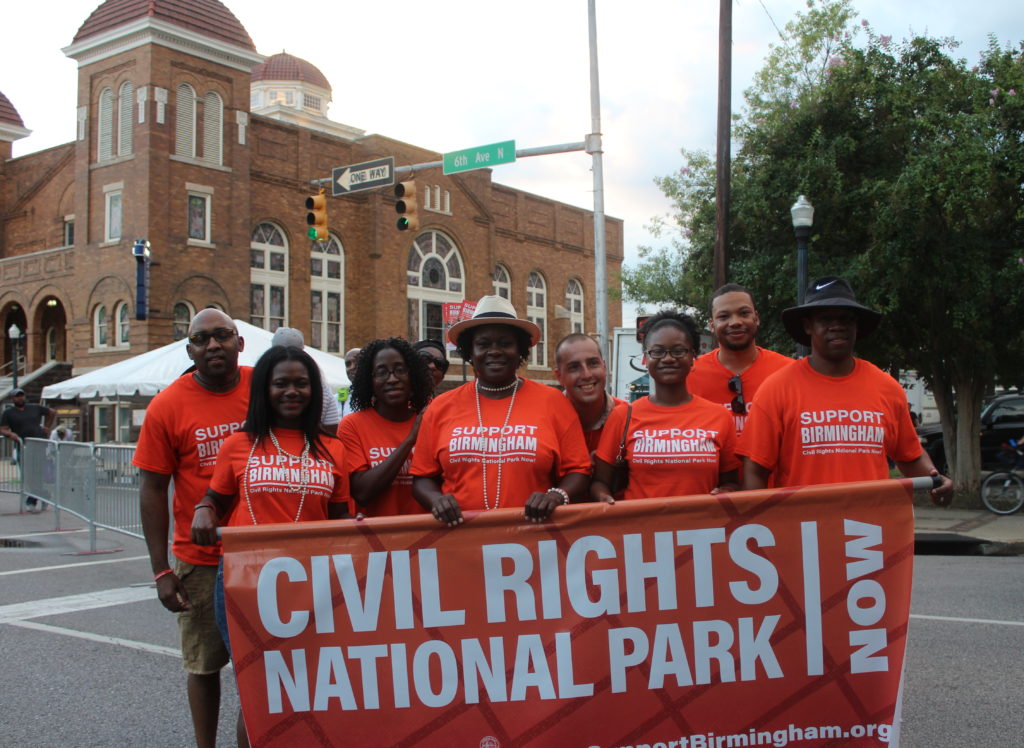
By Ariel Worthy
The Birmingham Times

Federal officials will join state and city leaders in Birmingham on Thursday, Oct. 27 to hear feedback from the community on the legislative proposal to create the Birmingham Civil Rights National Historical Park.
U.S. Secretary of the Interior, Sally Jewell, National Park Service Director Jonathan B. Jarvis, U.S. Congresswoman Terri Sewell and Birmingham Mayor William Bell will serve as hosts for a 5:30 p.m. public meeting at 16th Street Baptist Church, 1530 6th Ave. North, Birmingham.
Having the area designated as a Historical Park means national and international prestige for the Birmingham Civil Rights District, as well as an economic boom for the entire area, including the 4th Avenue business district,” Bell said.
The process has been three years in the making, but worth it, the mayor said.
“It’s a long process, it’s not something you can just go and request. There are a lot of stages to go through and document the history,” he said. “We started out with not many supporters, but now we have a tremendous amount of support across the country to make this a national park.”
Some of the supporters include White House officials, like the ones who will be in the city on Thursday. Having the secretary of interior and the national park service director at the meeting shows the high level of interest in making the national park, Bell said.
“The president is aware of our efforts, and his entire White House staff is aware of it,” the mayor said. “It’s an honor to have the secretary, as well as the director, come here for the final stages for the approval process.”
In a press release, Sewell said, “The National Park designation will be a real tourism boost for Birmingham and will mean greater economic development for Alabama.”
A National Park — which would include A. G. Gaston Motel, 16th Street Baptist Church, Kelly Ingram Park, the Birmingham Civil Rights Institute, the Fourth Avenue Historic Business District and Bethel Baptist Church — would be operated by the U.S. National Park Service, attract thousands more visitors each year from all over the world, and be the first National Park in Alabama and one of just a small handful in the Southeast, according to the city.
If approved the A.G. Gaston Motel will be completely renovated and restored back to its original look, Bell said.
“It will be maintained and used as a pivotal spot to recognize Dr. King’s base of operation when he was here in Birmingham during the Civil Rights Movement,” Bell said.
In 1963, Birmingham was the epicenter of the American Civil Rights Movement. Activists like Dr. Martin Luther King, Jr., Rev. Fred Shuttlesworth, Rev. Ralph Abernathy, Sr., and countless unnamed heroes gathered there to demand equality for all people, and to integrate all aspects of society.
Now, more than 50 years later, the designation of the Birmingham Civil Rights National Historical Park would recognize critical places and events in the city as a turning point in American history.




